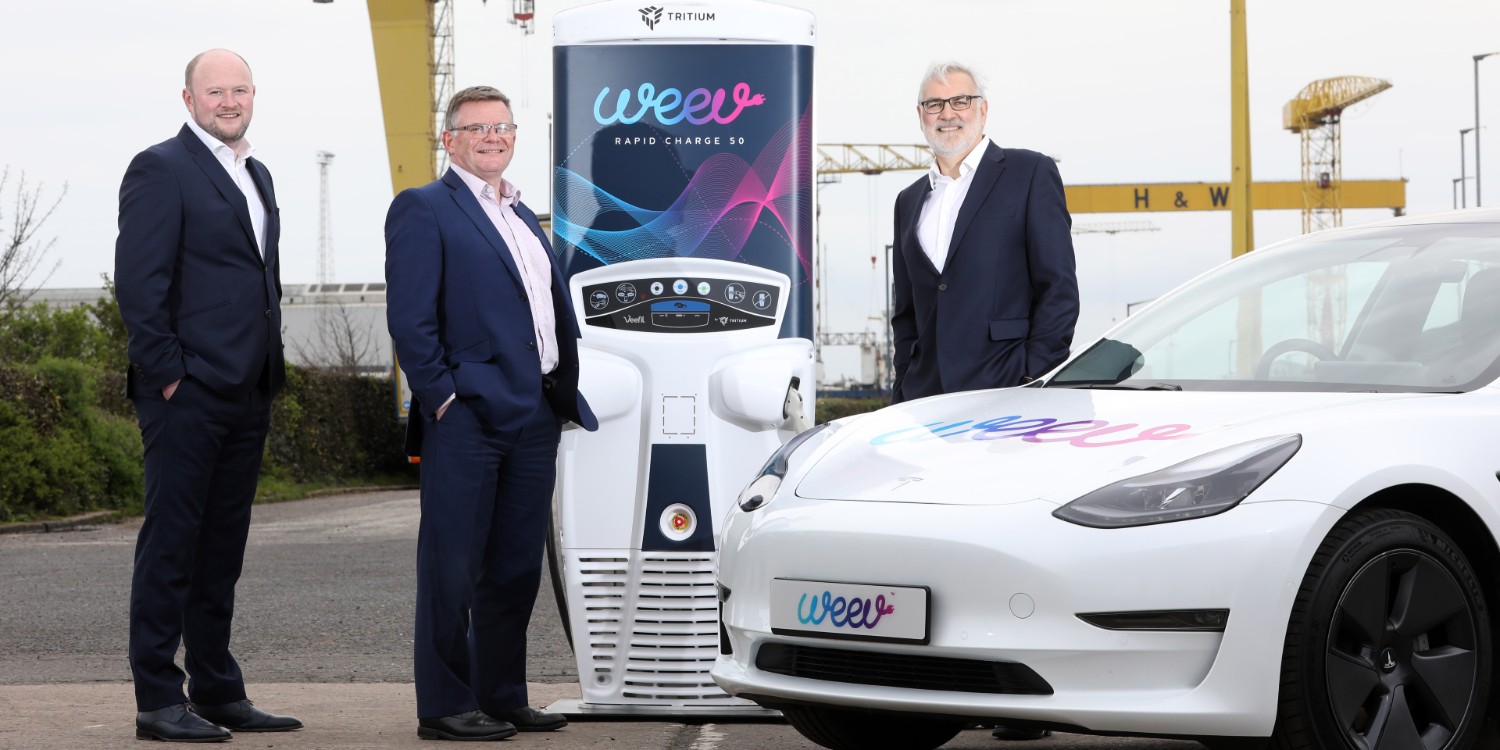STMicroelectronics (ST) has pushed back its long-term financial targets, now aiming to hit annual revenue of $20 billion and an operating margin above 30% by 2030, instead of 2027 as previously forecast. This adjustment follows three guidance cuts earlier this year and reflects the company’s expectations that the demand slump for industrial and automotive chips will continue into 2025.
The European semiconductor giant, one of the region’s largest, acknowledged the ongoing challenges in the industry, particularly in its automotive and industrial sectors. “We expect the automotive weakness to be countered by strength in industrial and electronics markets in the second half of next year, although 2025 will be a transition year,” said CEO Jean-Marc Chery during an investor day.
STMicroelectronics remains optimistic about its position in China and in the artificial intelligence (AI) market, particularly in power chips for data centers and “edge” AI chips used in electronics devices. Chery noted that the rise of Chinese carmakers is reshaping the market dynamics, with government incentives and export restrictions playing a significant role. “The rise of Chinese carmakers is really reshaping market dynamics,” Chery stated, highlighting that ST sells chips to major automakers like Tesla and Geely.
The company also pointed to the impact of government subsidies in the U.S., Europe, and China, which have altered the semiconductor industry’s landscape. “Governments have introduced distortion in the semiconductor industry landscape and led to unusual supply chain behavior, such as double booking, over-inventory buildup, and significant overcapacity investment,” Chery explained.
STMicroelectronics’ stock has seen a steep decline of 49% this year due to the ongoing downturn in industrial markets. However, analysts have expressed a more positive outlook, with Stifel brokerage noting, “The reiteration of ST’s financial targets today confirms our view that the current weakness the company is going through is cyclical, not structural.”
Looking ahead, Chery emphasized the company’s plans to restructure its manufacturing footprint, a cost-saving initiative expected to result in significant savings by 2027. While specifics on the savings were not provided, the company hinted that this initiative will play a key role in improving its financial position in the coming years.
“ST expects to exit 2027 with high triple-digit million-dollar savings compared to the current cost base,” the company added. Despite the short-term challenges, STMicroelectronics remains focused on long-term growth and strategic investments in the AI and automotive sectors.








